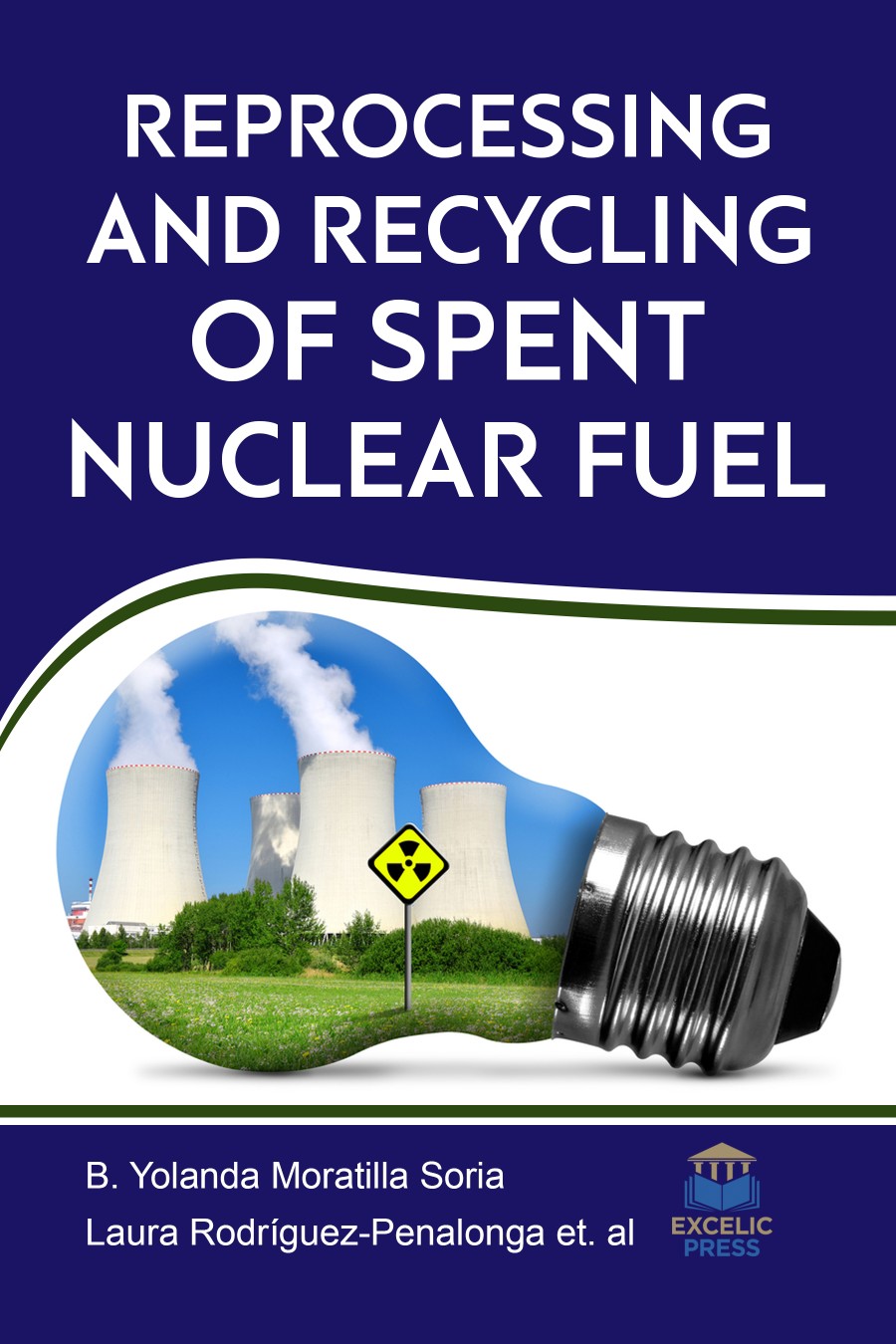Nuclear power has been questioned almost since its early stages and one of the major issues in relation to its social acceptability around the world is nuclear waste management. An important and inevitable by-product of nuclear energy production is the spent nuclear fuel that needs to be managed and handled in a safe, responsible and effective way. Thus, reprocessing and recycling of spent nuclear fuel (SNF) could be one of the key points to advance the social acceptability of nuclear energy. Hence, it is very significant to know the technologies available for SNF management, their advantages and disadvantages, the technologies that are currently under research and the future R&D tendencies, as well as which alternative suits better the needs for each country and its particular context. Furthermore, the interactions among legal, economic, and technological issues are essential.
This book covers the state of the art technologies on the recycling and reprocessing of spent nuclear fuel, reviewing past and current technologies, the possible implications of Fourth Generation nuclear reactors, and associated safely and security issues. It introduces both the conventional cycle along with new fuel cycle technologies and analyzes the benefits, economic considerations, and proliferation risks of spent nuclear fuel reprocessing.
This book gives an overall view of the technologies available for SNF management, analyses the economic cost that the use of the different technologies could entail, as is key when selecting a strategy for SNF management, highlights the importance of the legislation and some intangible assets, such as social acceptability of the technology, which can have an influence so important that it may lead to the disappearance of that technology by making it economically unviable.
This book will be of valued for Students, researchers as well as professionals working on the separation and recycling of spent nuclear fuel.













